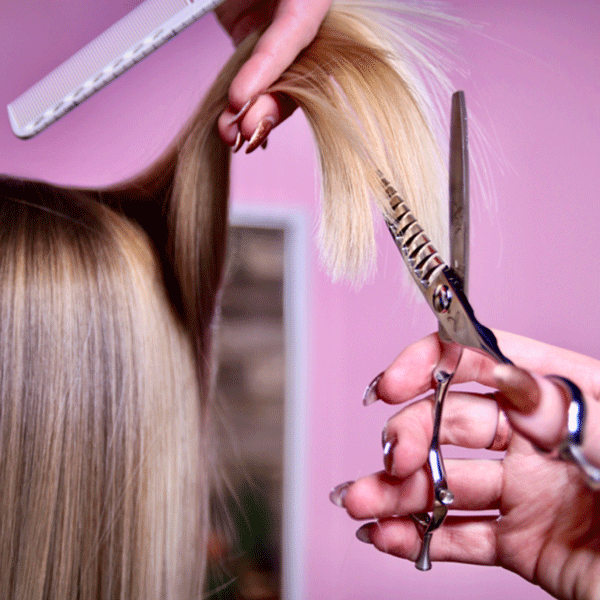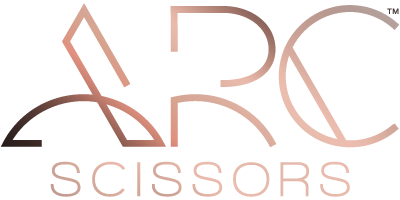How To Make Your Tools, Equipment + Salon Furniture Last Longer

After months of intense cleaning and disinfecting, are your stations looking worn out? Are tools showing signs of rust, corrosion or other signs of wear and tear? Behind The Chair spoke with cleaning experts to deliver the COVID-19 cleaning answers you need! We’re doing a deep dive into how you can avoid prematurely ruining your equipment, furniture and tools. Plus how to properly clean and disinfect going forward.
Question #1: What’s The Difference Between Cleaning & Disinfection?
Let’s break down the basics. Disinfecting kills germs and cleaning does not, easy enough? Here’s the deal: Cleaning an object or surface removes or reduces germs, dirt and impurities with soap and water. Disinfecting kills germs on surfaces and objects, but here’s the secret—disinfection only works on a clean object! Basically, you must do both.
Here’s why this is important: The process of disinfecting requires chemicals that can be harsh when used on materials that they were not intended for or when the chemicals are not properly mixed or not following correct contact times, says Leslie Roste BSN, RN, Barbicide® National Director of Industry Relations and Education.
So, what about sterilization? This process uses heat and pressure to kill pathogens and is often both costly and time-consuming, so it’s not a first choice for most salons.
Question #2: What are the effects of constant cleaning/disinfection on salon equipment?
Short answer, your materials should be OK if you follow the rules. Cleaning should be appropriate for all surfaces in the salon as frequently as needed, suggests Leslie. Frequent disinfection for metals and solid, hard plastics is not a problem if the chemicals are used properly (aka correct concentration and contact time).
BUT…harsh chemicals such as bleach may deteriorate plastics and metals with frequent use, explains Leslie. Soft plastics, such as the material used on chairs is not made for frequent disinfection. Here are a few important things to remember!
1. Read The Labels & Follow Recommendations
Using harsh chemicals or bleach to constantly clean your salon equipment will have a negative impact on finishes, vinyl and stitching. They can remove the vinyl color and break down stitching, what a nightmare! Before cleaning furnishings, make sure the disinfectant is safe to use on your equipment.
Always remember: Proper concentration, adherence to contact time and fully drying metals will ensure the least amount of damage, adds Leslie.
2. Don’t Buy Into Gimmicks
“The ‘all over’ sprays that last for months are also not appropriate for this industry—they are not acceptable by the rules of most states and have no long-term proven efficacy,” shares Leslie. “Most importantly, if a product is truly strong enough to kill pathogens for months, it may not be safe for the surfaces or the people.”
3. Avoid Shear Damage
Improperly cleaning and disinfecting scissors can cause corrosion and deterioration of the plastic, rubber and silicone parts of the shears. “This is why we recommend alcohol only and for the alcohol to be in contact with the shears for short periods of time,” says Kerry Starnes, ShearCraft Master Sharpener for ARC™ Scissors.
Click Here To Purchase A Pair Of ARC™ Scissors—100% Handmade in Japan!
Question #3: How can I make salon tools, equipment & furniture last?
Here’s a breakdown of how to maintain products and tools, what to avoid and an alternative idea for working smarter, not harder!
1. Use Barrier Methods
Try using a barrier method, like a towel over the arm rest and back of chair! This means disinfection will only have to be done 2 to 3 times a day (in this area) instead of after each client, adds Leslie.
2. Avoid This Common Mistake
Always mix disinfectant properly and do NOT leave it on a surface or in contact with your implements for longer than the contact time on the label, says Leslie. Use products with a rust inhibitor and only use on the types of surfaces designated by the manufacturer.
And remember, bleach is highly corrosive and should always be mixed properly with water and never left on a surface longer than five minutes (the contact time for chlorine bleach).
3.Daily Maintenance Tips
- Shears: Wipe with a gentle shear cleaning cloth, holding the shear with the blade away from you. Gently wipe down both blades to remove hair or buildup and then oil the blades and pivoting points.



Comments on this post (0)